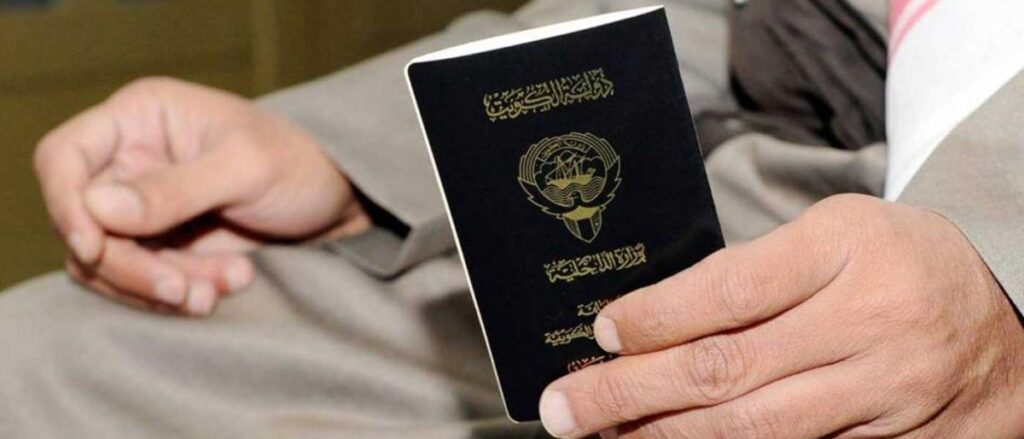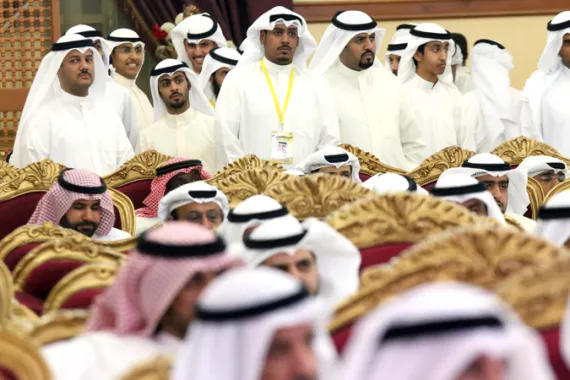In a sweeping and controversial move, the Kuwaiti government has revoked the citizenship of approximately 42,000 individuals over the past six months, Nation in Crisis marking one of the most significant denaturalization campaigns in the Gulf region’s history. This action, initiated in the wake of the parliament’s suspension in May 2024, has raised serious concerns about human rights, political freedoms, and the future of Kuwait’s democratic institutions.
Background: Political Turmoil and Legal Amendments
Kuwait has long been regarded as a relatively open society within the Gulf, boasting a vibrant parliament and active civil society. However, in May 2024, Emir Sheikh Meshal Al Ahmad Al Jaber dissolved the National Assembly, citing pervasive corruption and political dysfunction. He also suspended parts of the constitution for up to four years, effectively centralizing power within the executive branch.

Following this political upheaval, the government enacted amendments to the 1959 Nationality Law, granting authorities expansive powers to revoke citizenship. These changes eliminated judicial oversight, allowing for citizenship to be stripped without court approval or the possibility of appeal.
The Denaturalization Campaign: Scope and Justifications
Since the implementation of the new legal framework, approximately 42,000 individuals have lost their Kuwaiti citizenship. The government asserts that these revocations target individuals who obtained citizenship through fraudulent means, hold dual nationality, or pose threats to national security.
However, critics argue that the campaign disproportionately affects political dissidents, activists, and marginalized communities, including the stateless Bidoon population. The lack of transparency and due process has led to accusations that the government is using denaturalization as a tool to suppress dissent and consolidate power.
Human Impact: From Citizens to Stateless Individuals
The revocation of citizenship has profound implications for those affected. Stripped of their nationality, individuals lose access to essential services such as healthcare, education, and employment. They are also deprived of legal protections and the ability to travel freely.
Many of those affected are being referred to the “Central Agency for Illegal Residents,” a body responsible for managing stateless individuals in Kuwait. This move further exacerbates the challenges faced by the Bidoon community, which has long suffered from systemic discrimination and marginalization.
International Response and Human Rights Concerns
The international community has expressed alarm over Kuwait’s denaturalization campaign. Human rights organizations, including Minority Rights Group International, have called on the Kuwaiti government to halt the revocations and ensure compliance with international human rights standards.
The United Nations has emphasized that arbitrary deprivation of nationality is prohibited under international law, highlighting the need for due process and the protection of individuals’ rights.
High-Profile Cases and Public Outcry
Among those stripped of citizenship are prominent figures such as singer Nawal Al-Kuwaitia, actor Dawood Hussein, and media personality Noha Nabil. Their inclusion in the denaturalization campaign has sparked widespread public outrage and brought international attention to the issue.
The government’s actions have also led to confusion and fear among naturalized citizens, many of whom now question the security of their status and the future of their rights in Kuwait.
Looking Ahead: Uncertain Future for Kuwait’s Identity
The mass revocation of citizenship raises critical questions about Kuwait’s national identity, governance, and commitment to human rights. As the country grapples with political instability and economic challenges, the denaturalization campaign threatens to undermine social cohesion and erode public trust in institutions.
Kuwait’s Waterfront Development: Phase 2 Completed with Sustainable Features



